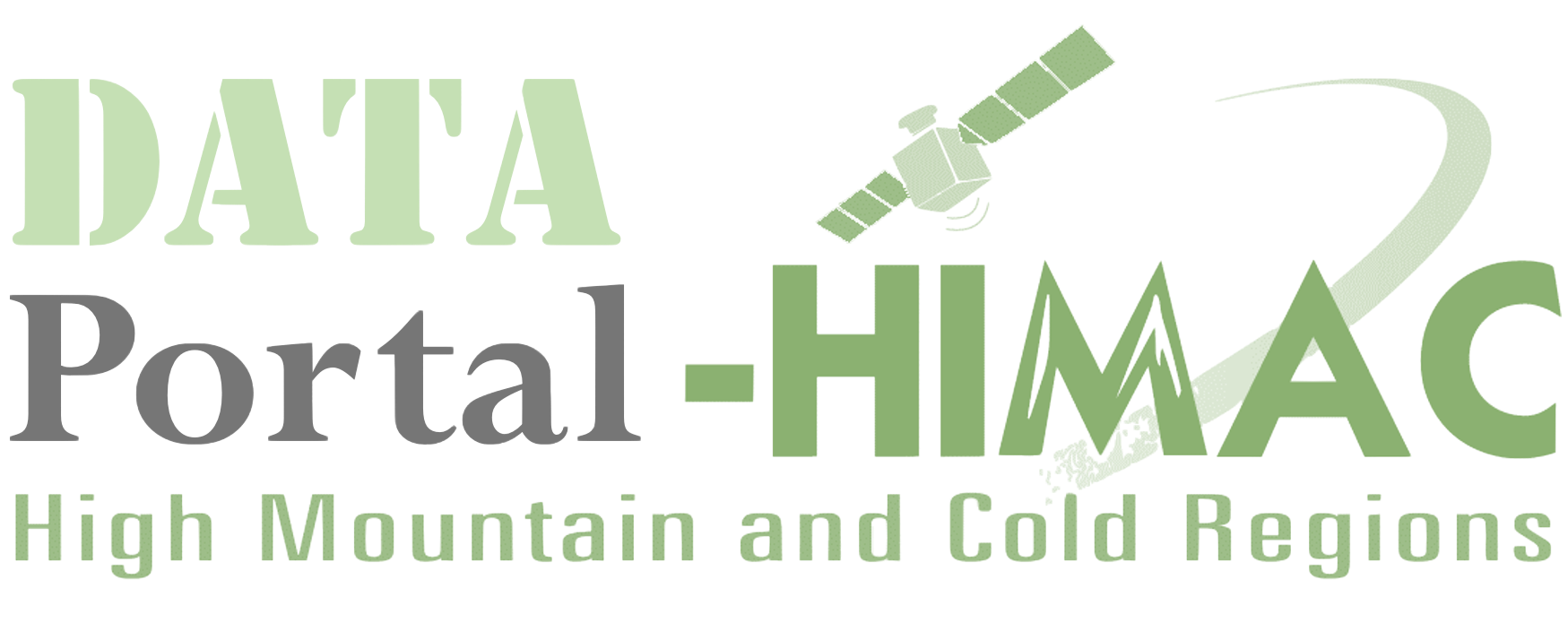A central part of GEO’s Mission is to build the Global Earth Observation System of Systems (GEOSS). GEOSS is a set of coordinated, independent Earth observation, information and processing systems that interact and provide access to diverse information for a broad range of users in both public and private sectors. GEOSS links these systems to strengthen the monitoring of the state of the Earth. It facilitates the sharing of environmental data and information collected from the large array of observing systems contributed by countries and organizations within GEO. Further, GEOSS ensures that these data are accessible, of identified quality and provenance, and interoperable to support the development of tools and the delivery of information services. Thus, GEOSS increases our understanding of Earth processes and enhances predictive capabilities that underpin sound decision-making: it provides access to data, information and knowledge to a wide variety of users.
